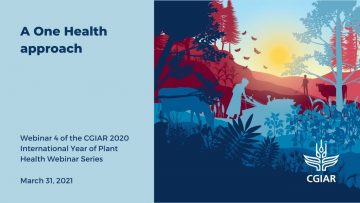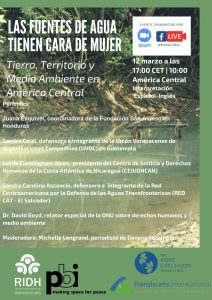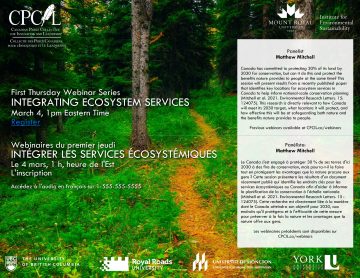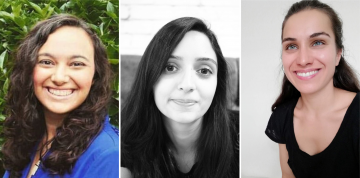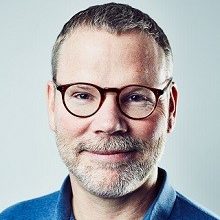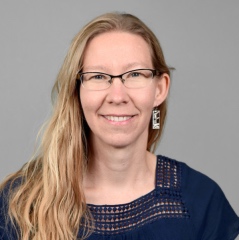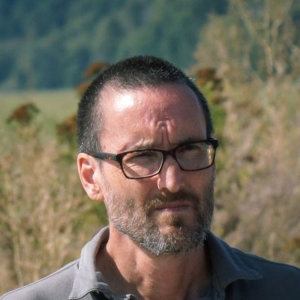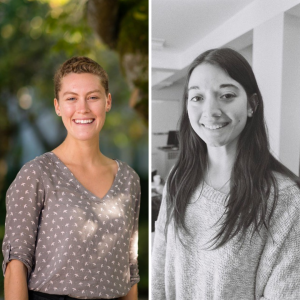April 16: Infrastructures of Inequality: Justice and Democracy at the Margins
Join us for the Richard Murphy Memorial Lecture with Dr. Leila M. Harris about a decade of work on everyday processes and politics related to water (and sanitation) infrastructure, conditions and access in underserved communities of Accra, Ghana and Cape Town, South Africa.
March 31: WEBINAR 4: Plant Health for One Health
Dr. Navin Ramankutty will be one of six panelists examining plant health and agriculture from a “One Health” approach—a collaborative, multisectoral, and transdisciplinary perspective that recognizes the health of people, animals, plants and their environments as all closely connected.
March 12: Las Fuentes de agua tienen cara de mujer: Tierra, territorio y Medio ambiente en América Central @ 46th session of the UN Human Rights Council
Women play a key role in defending the right to water but often face specific risks when doing so. English / Spanish event
March 11: Leila Harris presents at Climate Hack: Water
This interdisciplinary conference is the first unique one-of-a-kind event for academic scholars and societal & business activists with a deep and profound interest in pushing climate action. Organised by Aalborg University Copenhagen, Department of Planning.
March 4: Integrating Ecosystems Services
March 4, 2021 10:00 AM Pacific | Integrating Ecosystem Services w/ former IRES postdoc Dr. Matthew Mitchell | Canada has committed to protecting 30% of its land by 2030 for conservation, but can it do this and protect the benefits nature provides to people at the same time?
April 15, 2021: IRES Student Symposium
The IRES Student Symposium features various RES graduate students presenting their research.
April 8, 2021: IRES Faculty Seminar with Erle Ellis
Global evidence confirms that human societies have gained the capacity to transform our entire planet. Could this unprecedented capacity be redirected to shape a better future for both people and the rest of nature? This presentation explores the possibility that some of the same social processes that have transformed this planet for the worse could also transform it for the better.
April 1, 2021: IRES Faculty Seminar with Sonja Klinsky
In this talk, Dr. Klinsky will discuss how approaching climate (in)justice through the lens of relationships can be a productive way to orient engaged scholarship in the climate justice context.
March 25, 2021: IRES Faculty Seminar with Gordon Christie
While Indigenous peoples across Canada engage in struggles over lands and waters, other battles rage in less visible forms. Academics analyzing events argue about what led to this world of conflict and about how to resolve tensions.
March 18, 2021: IRES Student Seminar with Madison Stevens and Rocío López de la Lama
March 18, 2021: IRES Student Seminar with Madison Stevens and Rocío López de la Lama

